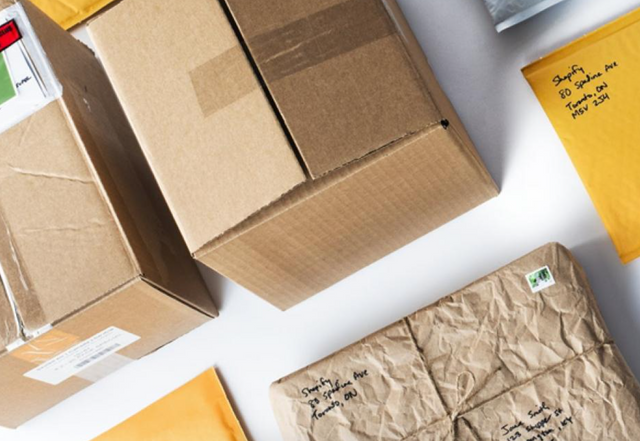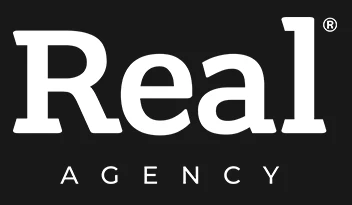Why Sustainable Packaging Is A Game Changer
In a world that is battling climate change on a global scale and with consumers increasingly conscious of their carbon footprint, sustainable packaging has become one of the key ways eCommerce businesses can stand out from the crowd.
Environmentally conscious packaging does require a company-wide change in thinking, but it can be just as cost-effective as your regular packaging in use right now.
Packaging can only be described as sustainable if it meets a set of eight separate criteria as laid out by the Sustainable Packaging Coalition:
- Beneficial, safe, healthy for individuals and communities throughout its lifecycle.
- Meets market criteria for performance and cost.
- Sourced, manufactured, transported, and recycled using renewable energy.
- Optimises the use of renewable or recycled source materials.
- Manufactured using clean production technologies and best practices.
- Made from materials healthy throughout the lifecycle.
- Physically designed to optimise materials and energy.
- Effectively recovered and utilised in biological or industrial closed-loop cycles.
It is therefore important to consider a move to sustainable packaging as it can help your business to cut costs and maintain a competitive advantage.
If your packaging is designed and manufactured specifically to fit your products, you can save on the need to store additional materials. The same goes for shipping costs – you’ll likely have smaller packages which need less space, leading to lower logistics costs.
Take a look at your current packaging – could you be using a smaller box or bag? Is there a possibility you could use less filling?
Tweet this now
One of the biggest complaints from customers that buy from online stores is overpackaging. Whether you send your products in a package or on a pallet, there will always be ways you can streamline things to create the optimal packaging option. Consider using some packaging design software like Tops Pro to build yours.
It’s not just size or space that is the route to more sustainable packaging either. Make the decision to use recycled materials such as cardboard or paperboard to make boxes, try out bubblewrap made from corrugated paper instead of plastic, or even give bamboo and sugarcane cartons a go.
The multivitamin company Ritual uses 100% recycled materials for all bottles. In 2020 alone, Ritual recycled an amount of plastic equivalent to roughly 3 million water bottles. “We’re able to virtually erase the shipping footprint from our warehouse to your doorstep via carbon offsetting,” states the company’s website.
Perhaps the single biggest step a company can make towards more sustainable packaging is to move away from the dreaded single-use plastics that have sadly become so prevalent in the modern world.
These plastics can take up to 1,000 years to biodegrade, compared to specially-made biodegradable variants that begin to decompose when heated or placed in certain light. A move away from these products is a positive first step and there are many suppliers around the world that offer viable packaging alternatives.
Single-use plastics can take up to 1,000 years to biodegrade, compared to specially-made biodegradable variants that begin to decompose when heated or placed in certain light.
Tweet this now
We’d suggest looking for suppliers that use raw materials from equally committed sources that also seek to reduce their impact on the environment. Make sure to confirm any claims made by the supplier and work with them to create your new bespoke packaging solutions.
Don’t let the fear of additional cost put you off a move to sustainable packaging – many consumers will happily pay a bit extra for you to operate in this way.
Taking the first step can seem daunting, but the first step is to test the water with some samples and send these out to a handful of customers to begin with. Judge and evaluate the response accordingly and tweak your packaging until it ticks all the boxes you need.
Like many things in eCommerce, sustainability is quickly becoming an expectation rather than a request. If you can take the first steps to a more sustainable future now, you and your business are much more likely to benefit in the long run.


